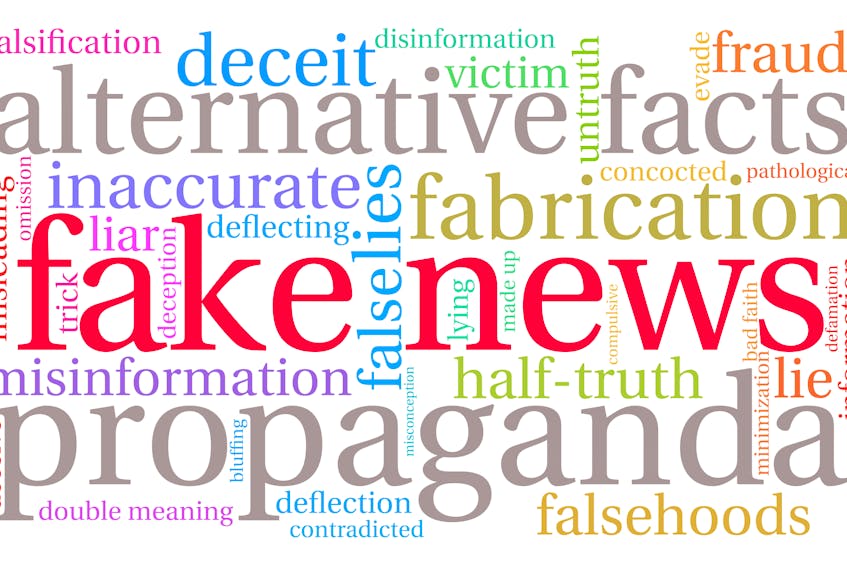Let’s not make the same mistake some of our closest neighbours have.
Having seen what’s happened in a number of recent elections, it’s only right that the federal government should do its best to protect Canadians from foreign countries trying to influence our upcoming federal election.
On Wednesday, a trio of federal ministers announced how their respective departments would work together to do exactly that.
And it’s a sort of protection we have to have.
As the government pointed out during its briefing, one-fifth of all tweets during the last month of the United States presidential election were sent out by fake Twitter accounts — by bots. Fake Facebook accounts shared falsified information in swing states. Falsified information swam through the internet throughout the Brexit referendum.
In France, the last election saw foreign agents launch propaganda in attempts to discredit the eventual winner. False articles were also used to try and sway the recent German parliamentary elections.
We’d be foolish to think that the same things wouldn’t be tried to destabilize the Canadian electoral process as well.
Some of the strategies the federal government is suggesting are clearly worth doing.
During the election, a group of five senior public service watchdogs will be able to alert Canadians to serious and deliberate attempts to subvert the electoral process, whether it be bot nets widely sharing false information or faked viral videos. That watchdog group will be given information about such attempts by federal intelligence agencies, and those agencies will be specifically tasked to watch for international election cyber-tampering attempts.
We’d be foolish to think that the same things wouldn’t be tried to destabilize the Canadian electoral process as well.
The intelligence agencies will also take part in a task force outside the election period to be prepared for potential threats to the democratic process.
So far, so good.
But other suggestions seem more like wishful thinking than anything else.
Federal Democratic Institutions Minister Katrina Gould has high hopes for meetings with social media giants like Facebook and Twitter, saying that she would like to see those firms operate quickly and decisively to deal with and remove faked accounts or false news.
Problem is, except for a few public shows of removing accounts, the social media giants haven’t shown any real interest in shrinking their corporate footprint by getting rid of huge blocks of false actors.
And if they didn’t see fit to act during the American, French or German elections, why should we think that they’ll take much notice of a Canadian election?
Perhaps that’s the best place for Canadians to do their part, by being informed and alert and aware of just where they are getting their news and information from. One part of the new plan is also to educate Canadians about how to identify misinformation, before they fall prey to it.
On that front, we can at least hope.









